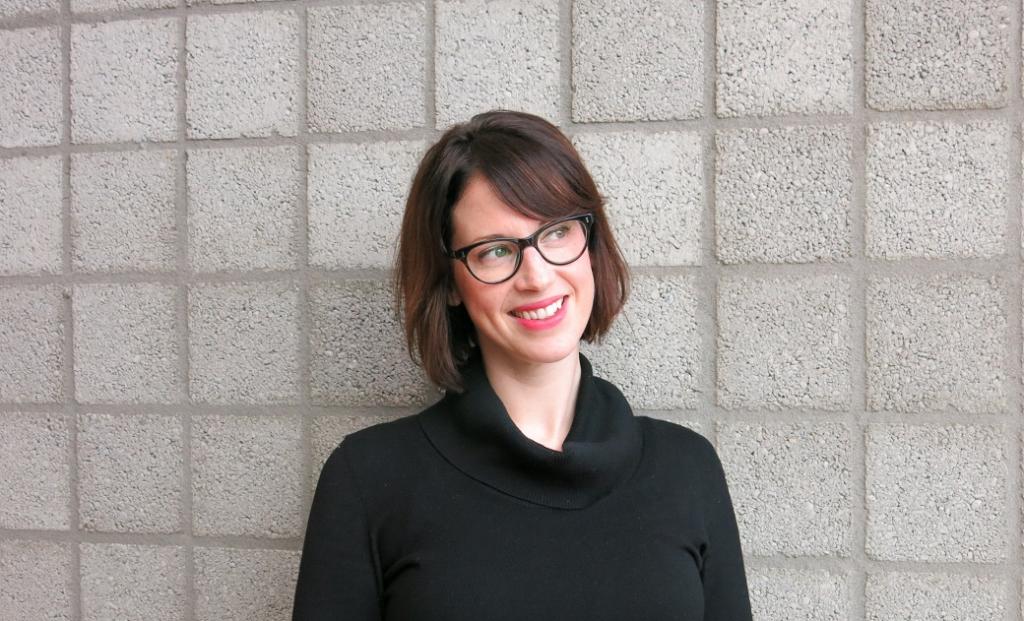How do you design robots more responsibly? Assistant Professor Aimee van Wynsberghe wants to help engineers figure that out.
Aimee van Wynsberghe: “Once you create a technology, it’s so hard to pull back”. (Photo: Heather Montague)
Who are the people who study and work at TU Delft? We meet them in Humans of TU Delft where they talk about their work or other activities.
“The language that I use instead of ‘ethical robotics is to say the ethics of robotics so that it really brings home the message that we’re not talking about the robot as an ethical thing, we’re talking about humans being ethical and the choices that they make in designing, developing and using robots.
Once you create a technology, it’s so hard to pull back. And there’s a narrative about ethics that it stifles or slows down innovation. So part of my job is really about how we can change that narrative and show that ethics can be used to steer us in a different direction.
Responsible robotics is the overarching term I would use for my research. It’s about taking the lessons learned from ethics and bringing them to the engineers. It’s about shaping not just how we implement technologies, but how we design them. For example, we want to push for responsible procurement chains when it comes to the materials used in producing robots. It’s about disrupting the industry by creating a quality mark for products. We’re not making a product, we’re trying to create a system that can accredit companies or products so that consumers know that this is a robot that has gone through a different kind of chain of development.
We’re also on the cusp of a revolution in warehouses as some are now completely automated. Some people are worried about this, but we’ve gone through industrial revolutions before and we’ve found different jobs. Studies have shown that we will lose some jobs, but we will also create new jobs mainly in STEM fields (science, technology, engineering and mathematics).
What worries me is who those jobs are going to be for. Around the globe we see that the percentage of women in STEM is like 9-11% and we’re creating all of these jobs for who? And if we’re talking about better jobs, are they really better jobs if it’s only for a small percentage of the population? And that’s just talking about women, but think about other minorities. The whole topic of job loss and reskilling workers is much bigger than is being recognised.
I feel a huge sense of responsibility. For my daughter alone, for her to see a woman doing something like I’m doing and moving forward, that’s what girls need. They need to see that it’s possible and that it’s cool and that they think they want to do it too.”
Heather Montague / Freelance writer



Comments are closed.